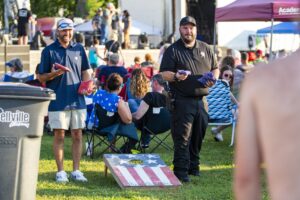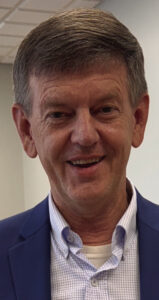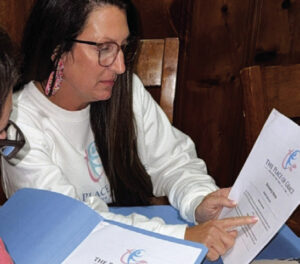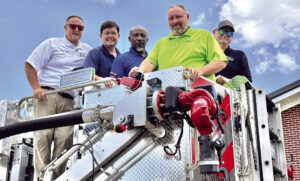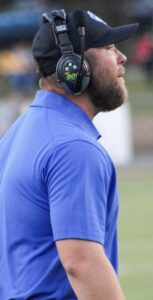Meridian native lives on Mars time
By By Steve Gillespie / staff writer
Feb. 23, 2004
Meridian native Doug Grant is living and working out west, but his watch is set to Mars time as part of NASA's Mars Exploration Rover Mission.
The son of Linda and Dr. Fred Grant of Meridian, Doug, 24, is working on his doctorate in geology at Arizona State University. He is also part of the geology group of the science team on the Mars mission based in Pasadena, Calif.
Mars rotates about 40 minutes slower than Earth, so scientists and engineers associated with the mission are keeping Martian time when a new day dawns every 24 hours and 40 minutes.
NASA launched two robotic land rovers last summer that landed on Mars earlier this year on opposite sides of the planet. One of the landing sites is called Gusev Crater. The other site is Meridiani Planum.
The mission's scientific goals include studying the planet's rocks and soil, mainly to look for clues that water once flowed on Mars.
The two rovers are called "Spirit" and "Opportunity." When the rover called Spirit first landed on Mars on Jan. 3, Doug called his parents right away.
Doug described the scene in Pasadena: "You are around these people who put years of their lives in this and it comes down to waiting for this signal. It was a tremendous amount of tension followed by elation."
He said the first pictures taken by Spirit were received that night.
Although many Americans are excited and interested in the mission, others have criticized the space program, saying the money spent on it could be better served on Earth.
Doug said the space program helps all of humanity with amazing benefits and he said NASA's budget is only half of 1 percent of the overall federal budget.
He also said he believes the 20th century will be remembered for the beginning of space exploration.
Doug's interest in space, and Mars specifically, came about while he was at the University of Mississippi. His ultimate dream then, and now, is to get into the astronaut program. In 2002 he was the first Mississippian selected for the NASA Academy, a research and study program for students pursuing careers in the space program. Part of that program involved helping scientists evaluate landing sites for the Mars mission.


